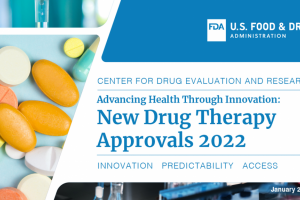Sexually Transmitted Disease Vaccines
Sexually Transmitted Disease Vaccine Clinical Trials, Indications, Side Effects
The World Health Organization (WHO) says effective vaccines are available for certain sexually transmitted infections (STIs). According to the WHO, about 30 different bacteria, viruses, and parasites are known to be transmitted through sexual contact. The U.S. Food and Drug Administration (FDA) approved vaccines that can prevent certain sexually transmitted diseases (STDs) caused by infections from bacteria, viruses, or parasites.
The U.S. National Institutes of Health (NIH) and the National Institute of Allergy and Infectious Diseases (NIAID) work with genomic sequencing to accelerate STD vaccine research, empowering the development of preventive and therapeutic vaccines. The NIH's Sexually Transmitted Infections National Strategic Plan 2021–2025 provides the framework for analysis and vaccine development.
In January 2024, the U.S. Centers for Disease Control and Prevention (CDC) published the STI Surveillance annual report. In an Early Release, Volume 30, Number 4, April 2024, the CDC Emerging Infectious Diseases concluded vaccination against hepatitis A, meningococcal disease, and mpox should be encouraged among at-risk groups.
Chlamydia vaccine candidates continue in pre-clinical research. Chlamydia is the most common bacterial STI.
Ebola vaccines are approved for use in Africa. In July 2015, Ebola outbreak cases were attributed to sexual transmission.
Epstein-Barr Virus vaccine and monoclonal antibody candidates are conducting early-stage clinical studies.
Gonorrhea vaccine candidates continue in clinical studies. In the U.K., meningococcal vaccination is advised for certain people.
Hepatitis vaccines are safe, effective, and authorized in 2024.
Herpes Vaccine candidates continued in clinical studies in 2024, including one mRNA vaccine.
HIV vaccine candidates are conducting clinical studies in 2024 but are not U.S. FDA-approved.
HPV Vaccines are approved and offered in most countries.
Mpox vaccines are authorized and available in countries with outbreaks.
Syphilis Vaccine candidates will continue in clinical studies in 2024.





